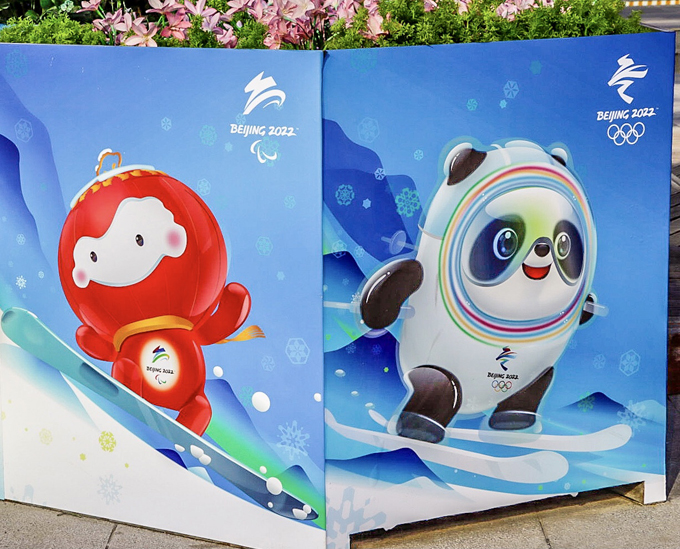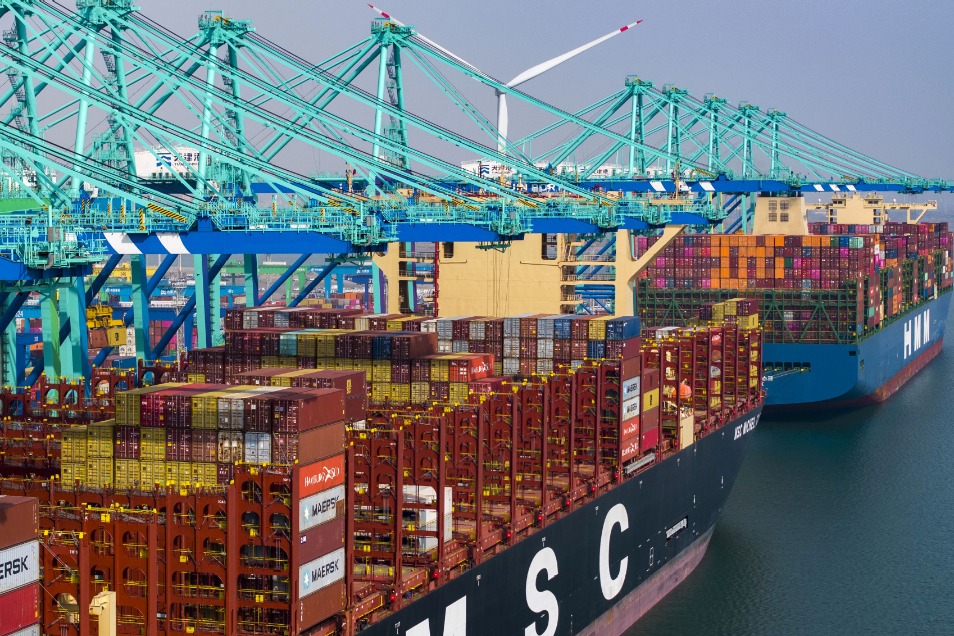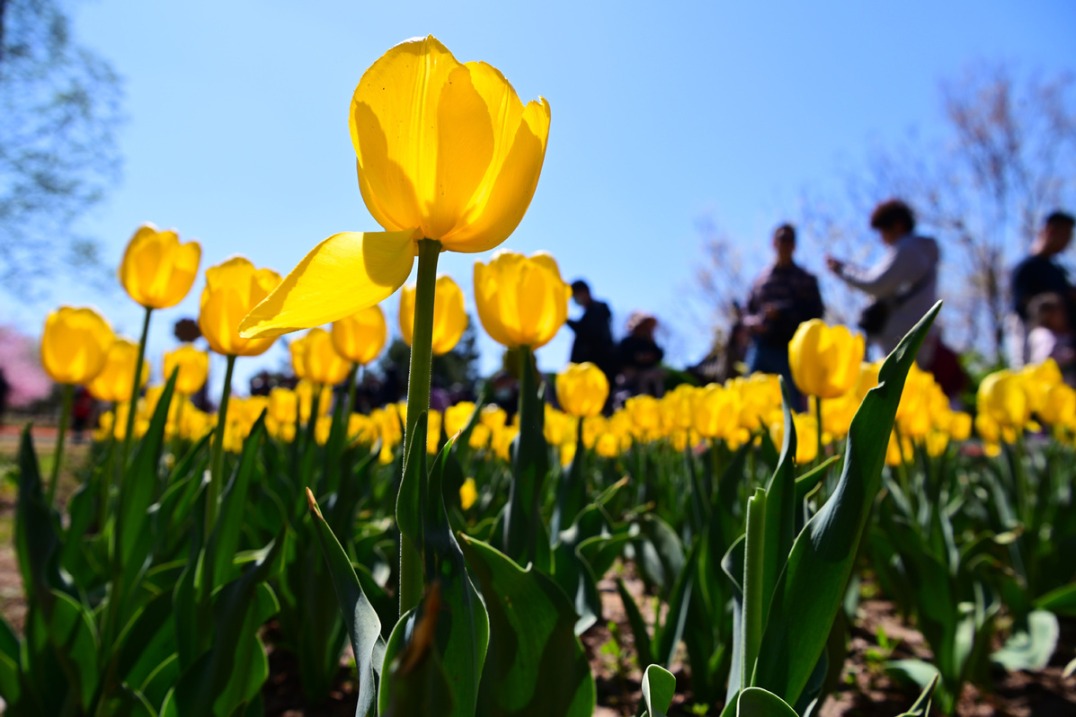China boasts a long history of winter-related activities


China covers a vast territorial area that incorporates a wide range of climatic zones. The country's northeastern provinces border Mongolia and eastern areas of Russia, sharing their midwinter extremes. Beijing geographically is where the colder, generally drier north meets the more humid south of the country. The city's average elevation is a mere 52 meters above the sea level yet only 43 kilometers north of downtown, the land starts rising for 27 kilometers up the Juyongguan Pass to where the Great Wall crosses the mountains at Badaling. There, with an average altitude there over 1,000 meters, winter is noticeably colder than downtown.
China is a country that has endured and coped with long hard winters. People's lives seasonally adjusted to the weather extremes. In the far north, frozen rivers and lakes were historically used as "roadways". People fished through holes in the ice, something that can still be seen on some of nearby Tianjin's canals. In northern Heilongjiang, groups who relied on animal herding and hunting developed the use of simple snow shoes, ice skates and improvised skis. Indeed in that province there are villages such as Xue Xiang known today as China's No1 "Snow Town" attracting many thousands of tourists annually.
Ever since coming to China, 35 years ago, I have been aware of the increasing popularity for winter-related activities. During 1992, in subtropical Guangzhou I regularly skated at a busy indoor ice rink near downtown Luhu Park. A great way to cool off from the outdoor heat!
In Beijing, ice skating has long been part of the winter scene at the Shichahai Lake north of the Forbidden City. The popularity of such winter fun and sports extends to Kunming Lake at the Summer Palace, to countless parks and other locations citywide. Low, stable temperatures ensure safe ice conditions. However, since the 1990's indoor ice rinks were and still are facilitating year-round skating at shopping malls such as China World Guomao.
Since the early 2000s skiing has increasingly gained popularity. Beijing has several long-established resorts in the mountainous area north of the city such as in Miyun district and close to the Great Wall.

































